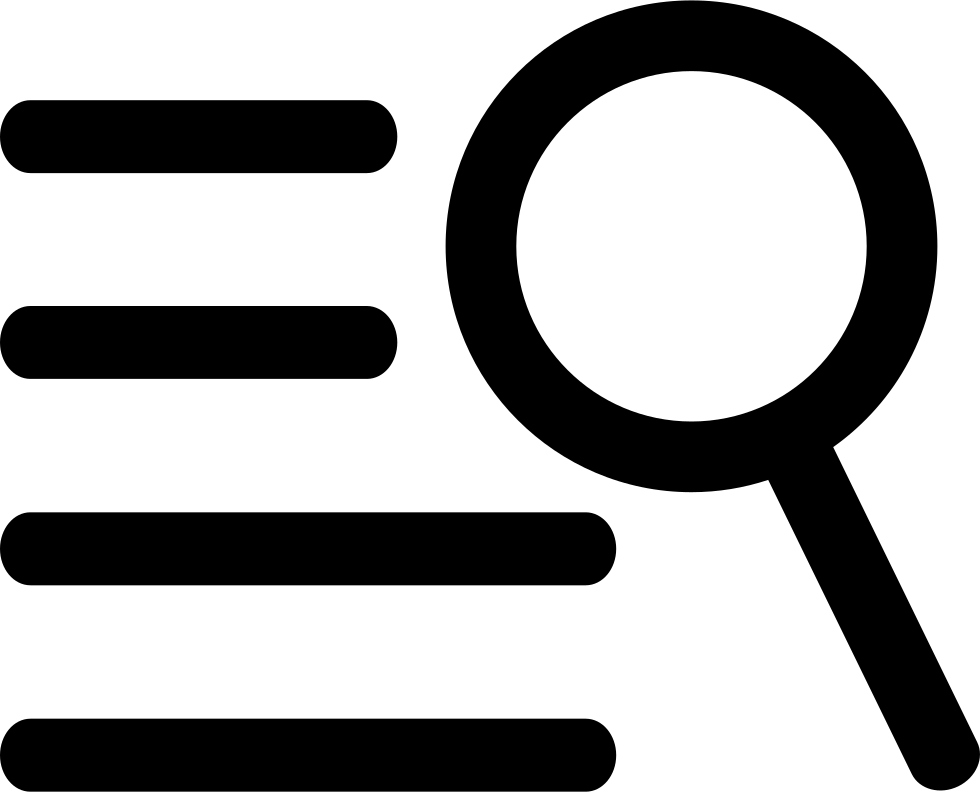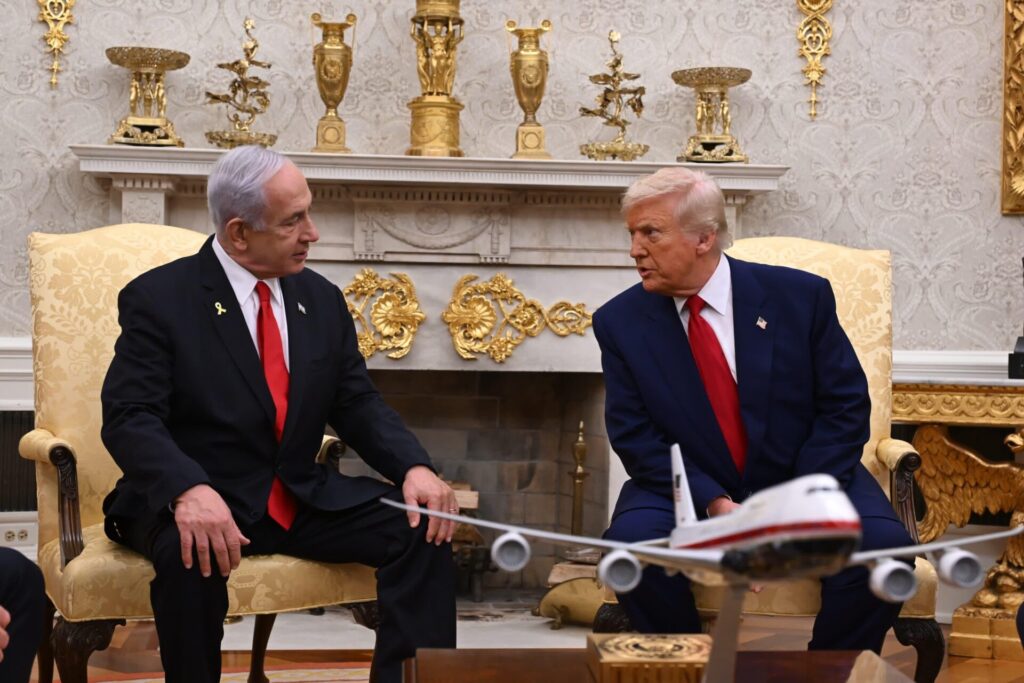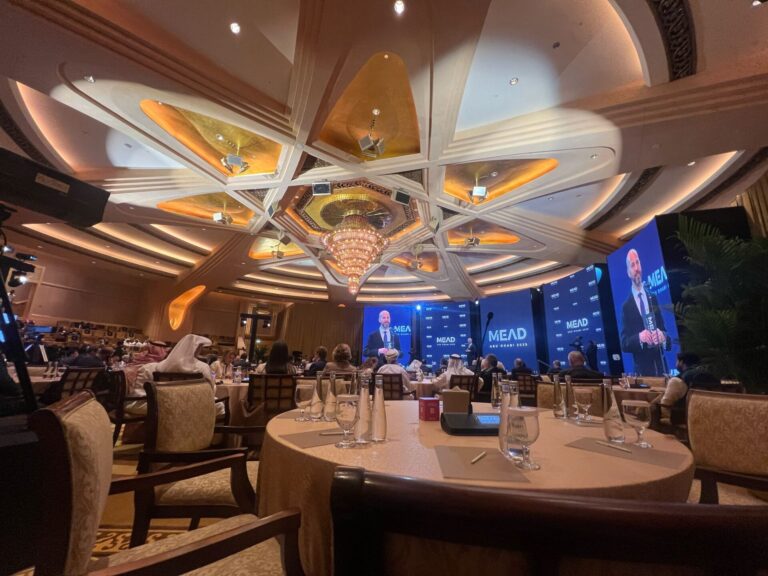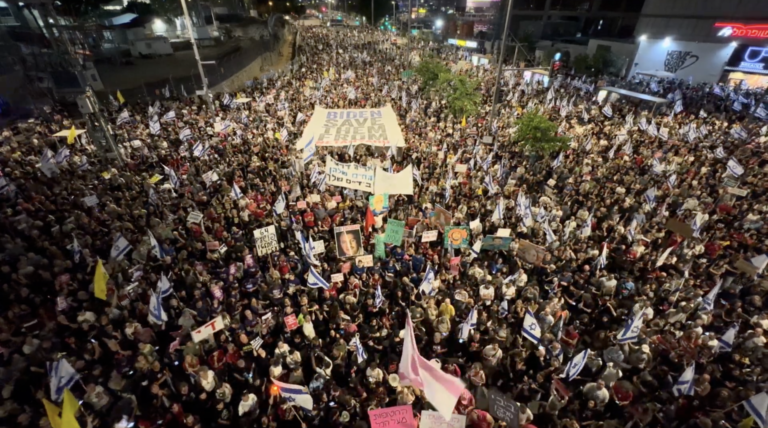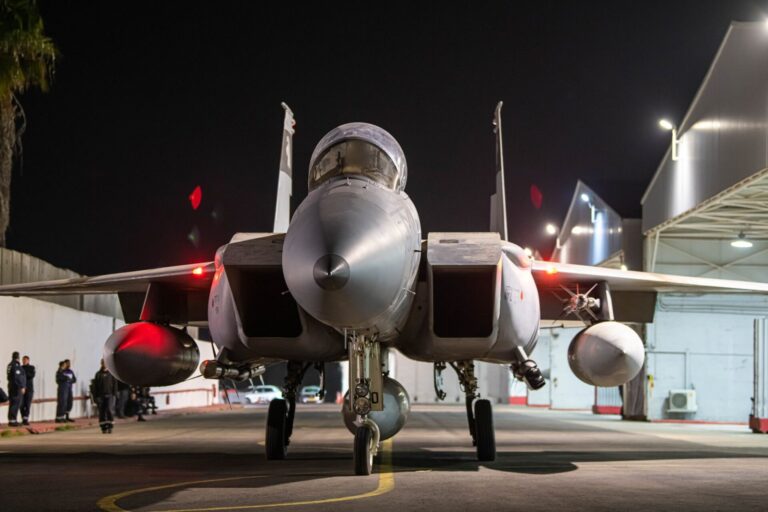Senior American officials from both the Biden and Trump administrations, high-ranking retired Israeli figures, and prominent Arab diplomats all gathered this week—both publicly and privately—to reach a confronting consensus: a military strike on Iran’s nuclear facilities is now the most probable scenario. “It’s more likely to happen than not,” a prominent Biden administration official said, referring to joint military action between the United States and Israel.
Even President Donald Trump’s recent announcement, alongside an unsatisfied Prime Minister Benjamin Netanyahu, about renewed negotiations with Iran hasn’t altered their assessment. Rather, they see it as merely a brief pause intended for international legitimacy, while regional countries see this as a once-in-a-lifetime opportunity to eliminate the nuclear threat and Shiite menace that has haunted them for years.
For moderate Sunni states, there’s an added benefit: with Iranian and Syrian defense systems neutralized, attacking aircraft won’t need to cross their airspace. They prefer being spectators rather than assistant coaches, though none will openly admit it. It’s both amusing and alarming to observe how hesitant people in Abu Dhabi are to discuss Iran even privately, fearing surveillance and retaliation from Tehran. If Iran’s nuclear facilities are destroyed, Gulf nations would be thrilled.
The Iranian issue partly explains a peculiar phenomenon: Netanyahu, under whose tenure the Abraham Accords were signed, has yet to be openly invited to Abu Dhabi. Both Yair Lapid and Naftali Bennett have visited—but Netanyahu has not. The Emiratis remain deeply frustrated by several incidents affecting Netanyahu’s credibility—from efforts to cancel their F-35 deal with Trump to renewed annexation talk. There’s another reason, too: Netanyahu is perceived as the face of the anti-Iran campaign. The last thing the UAE wants is a bellicose statement against Tehran being made Emirati soil.
Yet, shifts in the regional power balance against the Shiite axis are tangible. Morgan Ortagus, Trump’s deputy special presidential envoy to the Middle East, walked around Abu Dhabi’s MEAD conference this week proudly wearing her Star of David necklace and yellow ribbon for Israeli hostages in Gaza. Asked if these overtly Jewish symbols trouble Hezbollah supporters in the Lebanese government, or the Lebanese in general, she responded bluntly: “I represent the world’s greatest superpower—they can deal with it.” Spare a thought for Lebanon: in 2024, they had former IDF soldier Amos Hochstein mediating with Israel, and now their impartial negotiator openly wears a pin symbolizing Israeli hostages.
The above is an excerpt from my Shabbat column in Yedioth Ahronoth.


